X-Men ’97 Makes AI The Biggest Threat And It’s Comic Correct
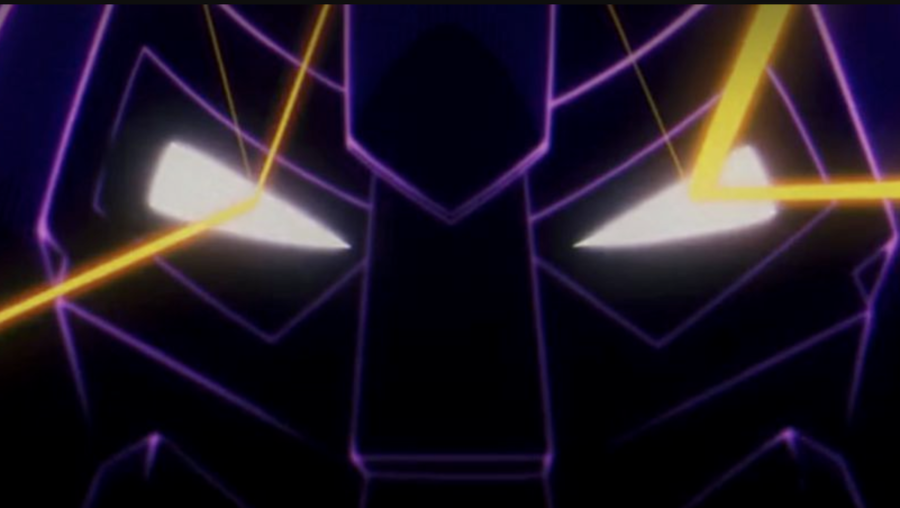
As a child of the 90s who grew up on comics the appeal of X-Men 97, and the earlier animated series that inspired it, is how faithfully it translates stories from the comics. The show’s current arc, which adapts the comic storyline Operation: Zero Tolerance, is the latest example of that faithfulness. Bastion, the primary villain of the storyline, is a great choice to demonstrate how AI is one of the greatest threats to the Marvel universe for humans and mutants alike.
Bastion And The Sentinels
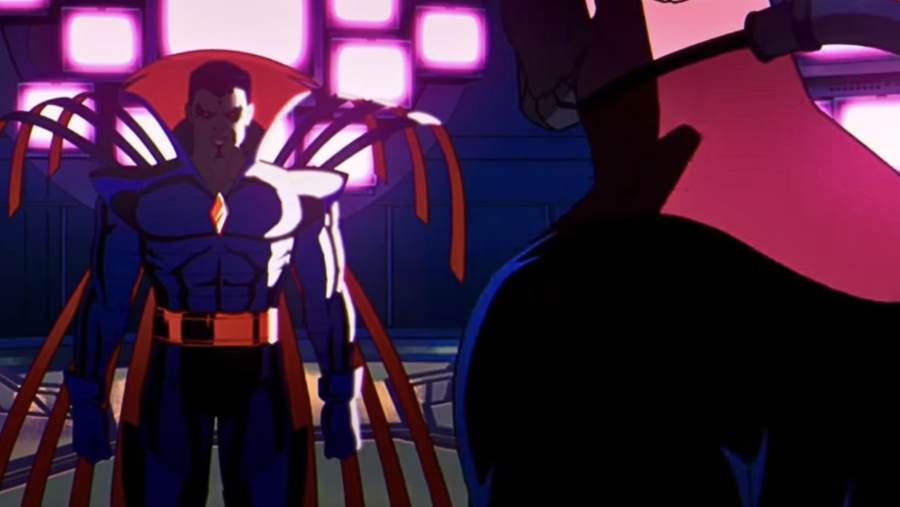
The sentinels, giant mutant-hunting robots, have been iconic enemies of the X-Men since they first appeared in the comics back in 1965.
As X-Men 97’s latest villain, Bastion represents an evolution of the sentinels, turning them from powerful but dumb cannon fodder into a cunning, insidious threat.
Initially introduced as a human anti-mutant government official named Sebastion Gilberti, Bastion is really a new type of sentinel disguised as a human.
Bastion Terrifying For Humans And Mutants
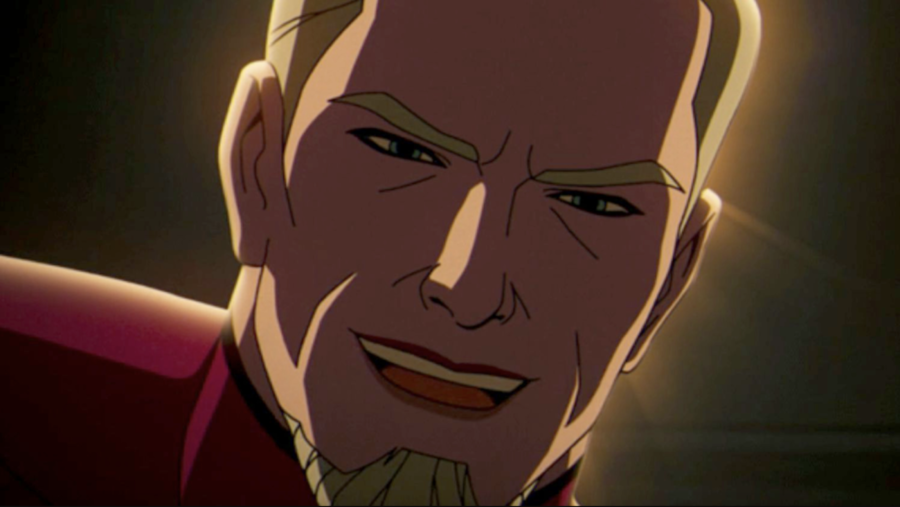
A sentinel that can pass as a human is scary enough, but as the X-Men 97 episode “Bright Eyes” demonstrates, Bastion is just as dangerous to humanity as he is to mutants.
When Bolivar Trask is dropped to his death by Rogue in the episode, he turns into a new cybernetic version of a sentinel. These human-sentinel hybrids are called Prime Sentinels in the comics, transformed without their knowledge by nano-bots into sentinel sleeper cells.
The Prime Sentinals

Bastion and the Prime Sentinels are the first step in AI becoming an existential threat to the Marvel Universe. Bastion is eventually revealed to be part of Nimrod, a sentinel AI intent on eradicating humanity to stop human mutation at its source.
I don’t know if X-Men 97 will ever explore this connection, but even without the Nimrod reveal, the Prime Sentinel demonstrates how AI will sacrifice human life in pursuit of its prime directive.
X-Men And Artificial Intelligence
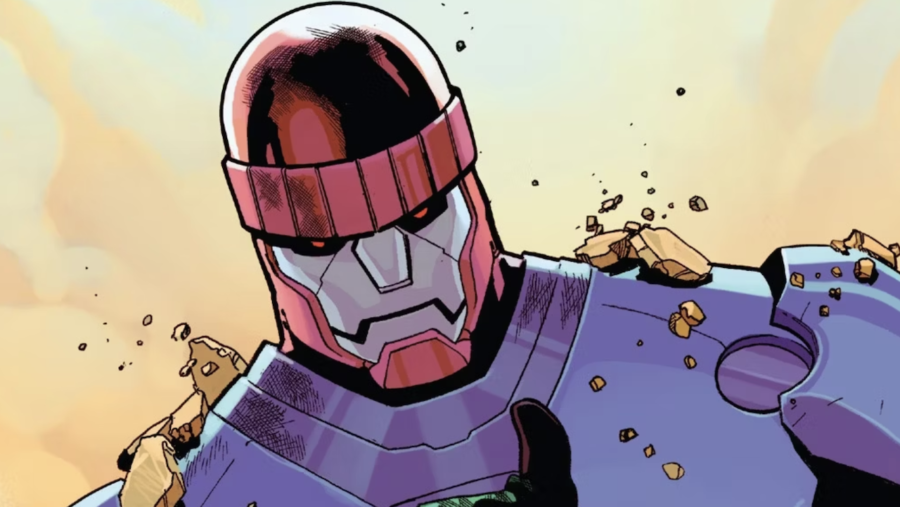
When I was growing up, pop culture was full of stories about the risk AI could someday pose to humanity. Operation Zero Tolerance was a part of this trend.
While earlier films like 2001: A Space Odyssey had used AI as a threat before, blockbusters of the 80s and 90s like Terminator and The Matrix elevated AI to an existential threat to all humankind.
Adapting a story that was part of a bigger trend helps to make X-Men 97 feel like a distinctly 90s story brought into the present.
X-Men’s Operation Zero Tolerance

Of course, when I read Operation Zero Tolerance in the late 90s I thought of AI as a problem that existed entirely in the realm of science fiction.
Watching the story play out in X-Men 97 now has a very different feel when concerns over AI replacing human jobs and replicating human voices and appearances are real, current problems.
As the show continues the story with its multipart finale “Tolerance is Extinction” it will be interesting to see if the showrunners lean into these modern AI concerns.
Capturing The X-Men Spirit
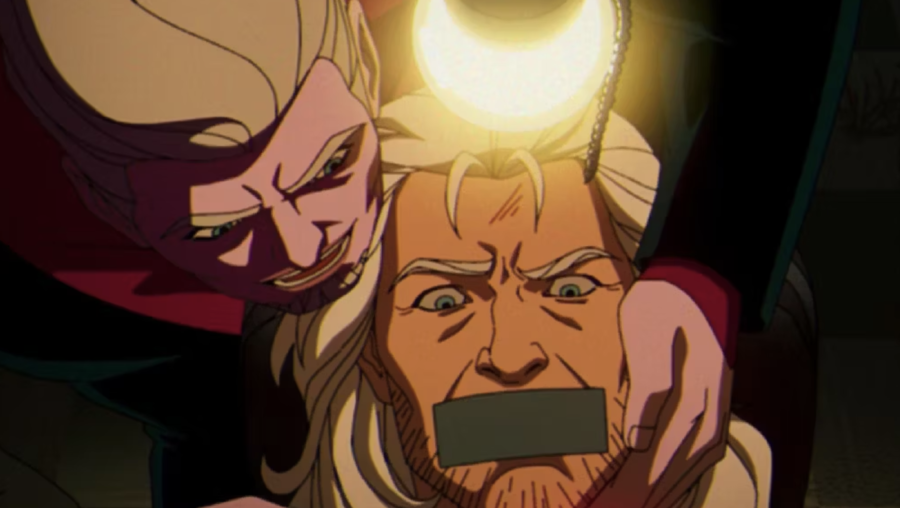
X-Men 97 is a great adaptation of not just X-Men: The Animated Series, but of the 90s comics that came after it.
Despite growing up on the animated series I was hesitant about the new show, worrying that it would feel dated and overly reliant on nostalgia.
However, the current adaptation of Operation Zero Tolerance captures the spirit of the 1990s X-Men while still feeling modern and relevant.










